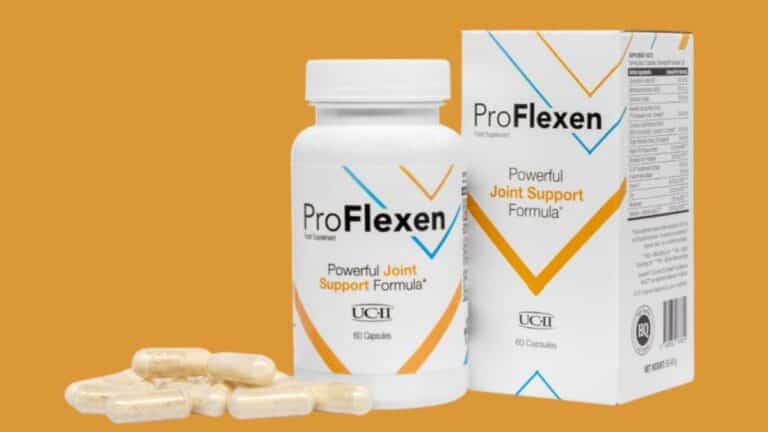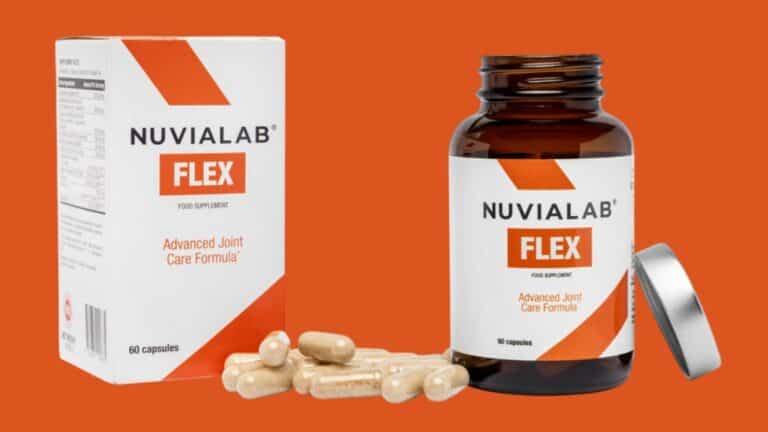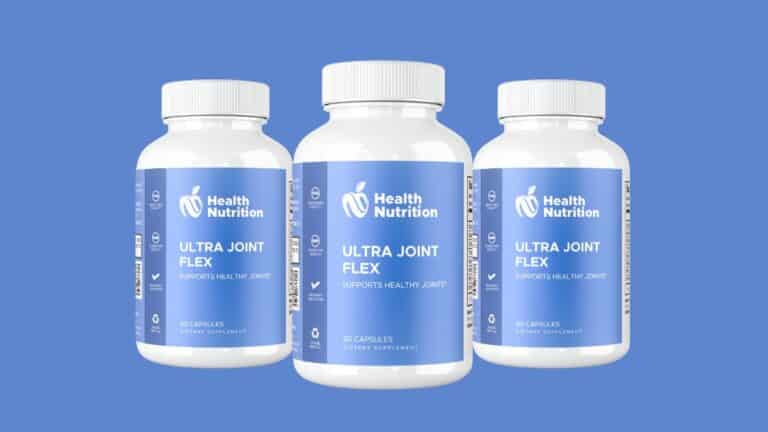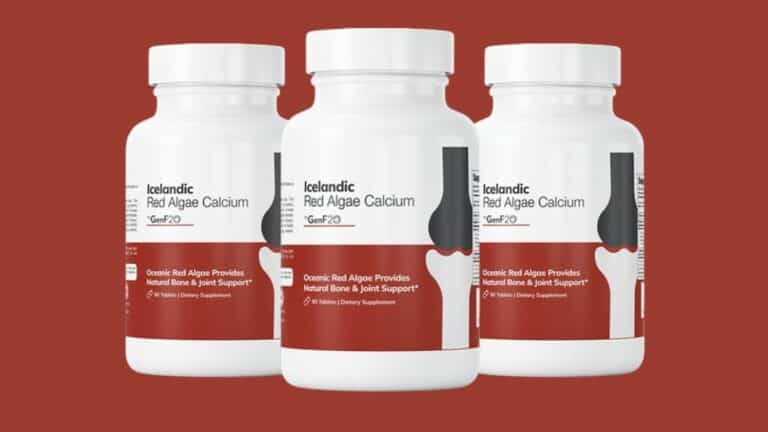L-carnitine, a naturally occurring amino acid derivative, has garnered attention for its potential health benefits, ranging from weight loss and improved brain function to enhanced physical performance. This comprehensive guide delves into the various aspects of L-carnitine, exploring its role in the body, types, benefits, and recommended dosages.
Understanding L-Carnitine
L-carnitine is essential for the production of energy. It transports fatty acids into the mitochondria, the powerhouses of cells, where these fats are converted into usable energy. The body produces L-carnitine from the amino acids lysine and methionine, but sufficient levels of vitamin C are required for this synthesis.
While the body produces some L-carnitine, it is also obtained through diet, primarily from animal products like meat and dairy. This nutrient becomes conditionally essential for individuals with specific genetic conditions or dietary restrictions, such as vegans, who may not produce or consume enough.
How Carnitine Helps with Weight Loss
1. Fat Metabolism:
- Role in Fat Oxidation: Carnitine is essential for the transport of long-chain fatty acids into the mitochondria, where they are oxidized and used for energy production.
- Increased Fat Burning: By facilitating the transport of fatty acids, carnitine helps increase the rate at which the body burns fat, especially during physical activity.
2. Enhanced Exercise Performance:
- Energy Production: With improved fatty acid transport, carnitine can help increase energy levels, making it easier to perform high-intensity exercises.
- Reduced Muscle Soreness: Some studies suggest that carnitine supplementation can reduce muscle soreness and improve recovery, allowing for more frequent and effective workouts.
3. Appetite Suppression:
- Regulation of Appetite: Carnitine may help regulate appetite by influencing certain neurotransmitters involved in hunger and satiety.
4. Improved Insulin Sensitivity:
- Blood Sugar Control: Carnitine can improve insulin sensitivity, which helps in better blood sugar control and reduces fat storage.

Types of L-Carnitine
Several forms of L-carnitine exist, each with unique benefits:
- L-carnitine: The standard form found in the body, foods, and most supplements.
- D-carnitine: An inactive form that can negatively impact the body by reducing carnitine levels.
- Acetyl-L-carnitine (ALCAR): Potentially the most effective form for brain health, benefiting those with neurodegenerative diseases.
- Propionyl-L-carnitine: Suited for circulatory issues, such as peripheral vascular disease and high blood pressure, by boosting nitric oxide production.
- L-carnitine L-tartrate: Commonly added to sports supplements for its rapid absorption, aiding in muscle recovery and reducing soreness.
Health Benefits of L-Carnitine
1. Weight Loss and Fat Burning
L-carnitine is often promoted as a weight loss supplement. By increasing the transport of fatty acids into cells to be burned for energy, it may aid in reducing body weight and fat mass. Studies have shown that L-carnitine supplementation can significantly reduce body weight, body mass index (BMI), and fat mass, particularly in individuals with obesity or polycystic ovary syndrome (PCOS). However, more research is needed to fully understand its long-term effects on weight loss.
2. Enhanced Brain Function
The acetyl form of L-carnitine (ALCAR) is believed to benefit brain function, potentially preventing age-related mental decline and improving learning markers. Some studies have shown that ALCAR can significantly improve brain function in people with dementia. However, results are mixed, and further research is necessary to confirm these benefits.
3. Heart Health
L-carnitine has been linked to several heart health benefits. Research suggests that it can reduce diastolic blood pressure, improve heart function in people with congestive heart failure, and positively affect cholesterol levels by reducing LDL (bad) cholesterol and increasing HDL (good) cholesterol. These benefits highlight L-carnitine’s potential role in supporting cardiovascular health.
4. Athletic Performance
L-carnitine’s effects on athletic performance are mixed. While it may not directly enhance performance like caffeine or creatine, it offers indirect benefits such as improved exercise recovery, increased muscle oxygen supply, enhanced stamina, reduced muscle soreness, and increased red blood cell production. These factors can contribute to better overall physical performance and endurance.
5. Type 2 Diabetes Management
L-carnitine supplementation may benefit individuals with type 2 diabetes by reducing fasting blood sugar, improving insulin sensitivity, and enhancing the function of beta cells responsible for insulin production. These effects suggest that L-carnitine could play a role in managing diabetes and related metabolic disorders.
6. Depression
Some research indicates that L-carnitine, particularly the acetyl form, may help reduce symptoms of depression. Studies have shown that it can be as effective as antidepressant medications with fewer adverse effects. However, more research is needed to understand its impact on depression fully.

Dosage and Safety
For most people, taking up to 2 grams of L-carnitine per day is safe and well-tolerated. Higher doses, up to 4.5 grams per day, have also been used in some studies without serious side effects. However, some individuals may experience mild side effects such as heartburn, indigestion, nausea, vomiting, and diarrhea.
It’s important to note that L-carnitine supplements may increase blood levels of trimethylamine-N-oxide (TMAO), a compound linked to an increased risk of atherosclerosis. Therefore, more studies are needed to assess the long-term safety of L-carnitine supplementation.
Dietary Sources of L-Carnitine
L-carnitine is naturally found in various animal products, including:
- Beef: 139–143 mg per 3.5 ounces
- Pork: 25–61 mg per 3.5 ounces
- Chicken: 13–34 mg per 3.5 ounces
- Milk: 40 mg per 3.5 ounces
- Hard cheese: 3 mg per 3.5 ounces
Interestingly, the absorption rate of L-carnitine from food sources is significantly higher (57–84%) compared to supplements (14–18%).
Special Considerations
Certain populations may benefit more from L-carnitine supplementation, including older adults, vegetarians, and vegans. Older adults may experience improved functional status and reduced frailty, while vegetarians and vegans may need supplements to normalize blood and muscle carnitine levels. Individuals with conditions like cirrhosis or kidney disease may also benefit from supplementation.
Conclusion
L-carnitine is a versatile nutrient with potential benefits for weight loss, brain function, heart health, athletic performance, diabetes management, and depression. While its effectiveness varies depending on the form and individual needs, L-carnitine remains a valuable supplement for specific populations and conditions. However, it’s essential to consult with a healthcare provider before starting any supplementation to ensure safety and appropriateness for your health needs.
By understanding the diverse roles and benefits of L-carnitine, individuals can make informed decisions about incorporating this supplement into their health and wellness routines.
Frequently Asked Questions about L-Carnitine
What is L-carnitine?
L-carnitine is a naturally occurring amino acid derivative that helps transport fatty acids into the mitochondria to be burned for energy, aiding in weight loss, brain function, and heart health.
What are the primary benefits of L-carnitine?
L-carnitine can support weight loss, enhance brain function, improve heart health, boost athletic performance, and help manage type 2 diabetes and depression.
How does L-carnitine aid in weight loss?
By transporting fatty acids into cells to be used as energy, L-carnitine can help reduce body weight, body mass index (BMI), and fat mass, especially when combined with a healthy diet and exercise.
Can L-carnitine improve brain function?
Yes, especially in the acetyl-L-carnitine form, it may prevent age-related mental decline and improve cognitive functions, although results are mixed and more research is needed.
Is L-carnitine beneficial for heart health?
L-carnitine may reduce diastolic blood pressure, improve heart function in congestive heart failure, and positively affect cholesterol levels, supporting overall cardiovascular health.
How does L-carnitine enhance athletic performance?
It improves exercise recovery, increases muscle oxygen supply, enhances stamina, reduces muscle soreness, and boosts red blood cell production, indirectly benefiting physical performance.
What is the recommended dosage of L-carnitine?
A common dosage is up to 2 grams per day, but some studies have used up to 4.5 grams daily. Always consult with a healthcare provider before starting supplementation.
Are there any side effects of L-carnitine supplementation?
Some mild side effects include heartburn, indigestion, nausea, vomiting, and diarrhea. High doses may increase levels of TMAO, potentially raising the risk of atherosclerosis.
Who should consider taking L-carnitine supplements?
Older adults, vegetarians, vegans, and individuals with specific conditions like cirrhosis or kidney disease may benefit from L-carnitine supplementation.
What are the best dietary sources of L-carnitine?
The best sources include beef, pork, chicken, milk, and hard cheese. The absorption rate from food is higher than from supplements.
Can L-carnitine help with type 2 diabetes?
Yes, it may reduce fasting blood sugar, improve insulin sensitivity, and enhance the function of beta cells, helping manage diabetes and related metabolic disorders.
Is L-carnitine effective in treating depression?
Some studies suggest that acetyl-L-carnitine can reduce depression symptoms and may be as effective as antidepressant medications with fewer adverse effects, though more research is needed.
How does L-carnitine impact physical exercise?
It aids in muscle recovery, reduces soreness, enhances oxygen supply to muscles, increases stamina, and boosts red blood cell production, improving overall exercise performance.
What types of L-carnitine supplements are available?
Various forms include L-carnitine, acetyl-L-carnitine (best for brain health), and propionyl-L-carnitine (used for heart and peripheral vascular diseases).
Can vegans and vegetarians get enough L-carnitine from their diet?
Vegans and vegetarians may not get enough from diet alone and might need supplements to maintain adequate L-carnitine levels.
References
- National Center for Biotechnology Information. (2020). Immune responses and potential immunotherapies for COVID-19. National Institutes of Health. Retrieved from https://pubmed.ncbi.nlm.nih.gov/32359762/
- Mount Sinai Health System. (2021). Carnitine (L-Carnitine). Retrieved from https://www.mountsinai.org/carnitine-l-carnitine
- Office of Dietary Supplements, National Institutes of Health. (2020). Carnitine. Retrieved from https://ods.od.nih.gov/factsheets/Carnitine-HealthProfessional/







